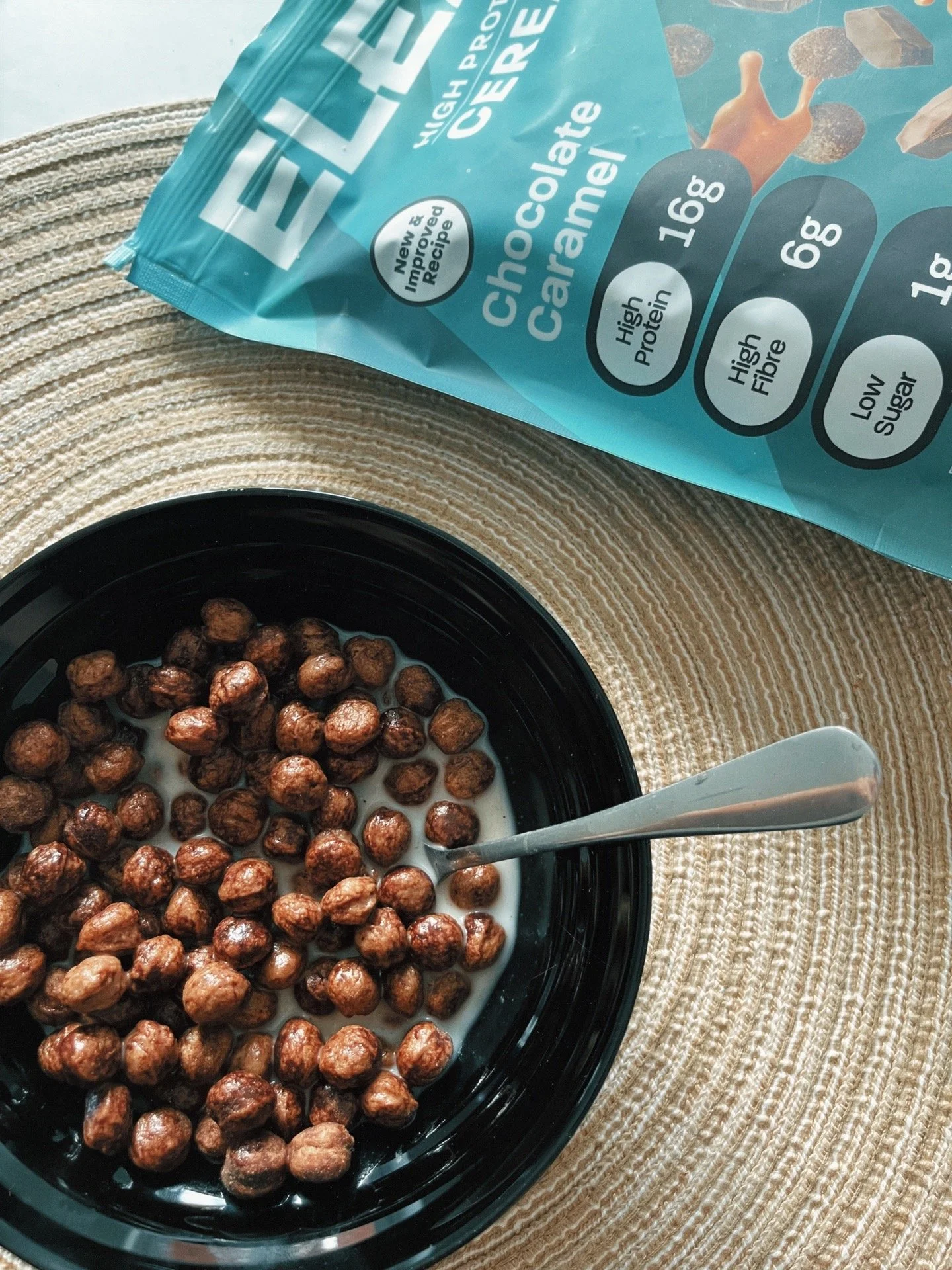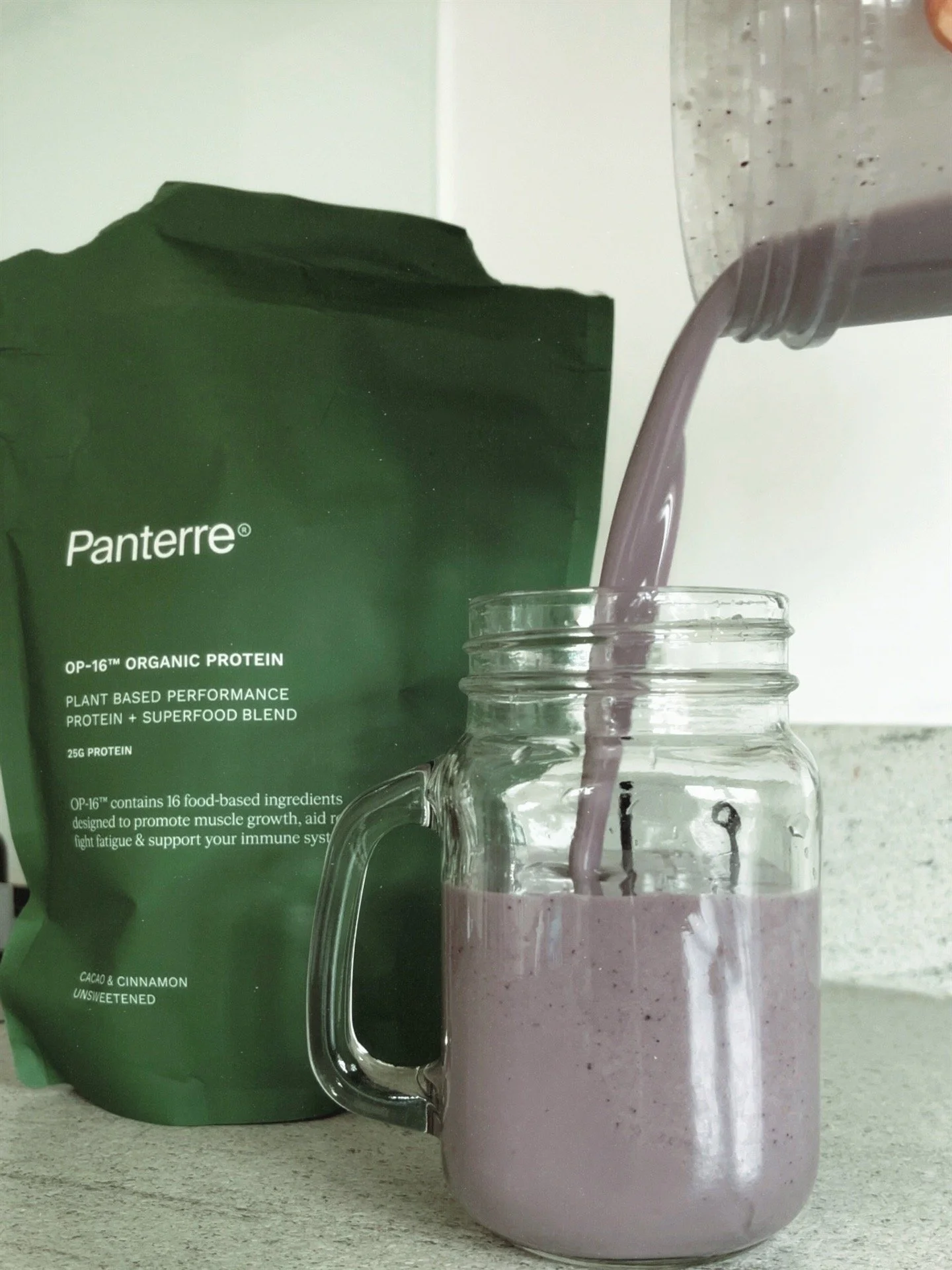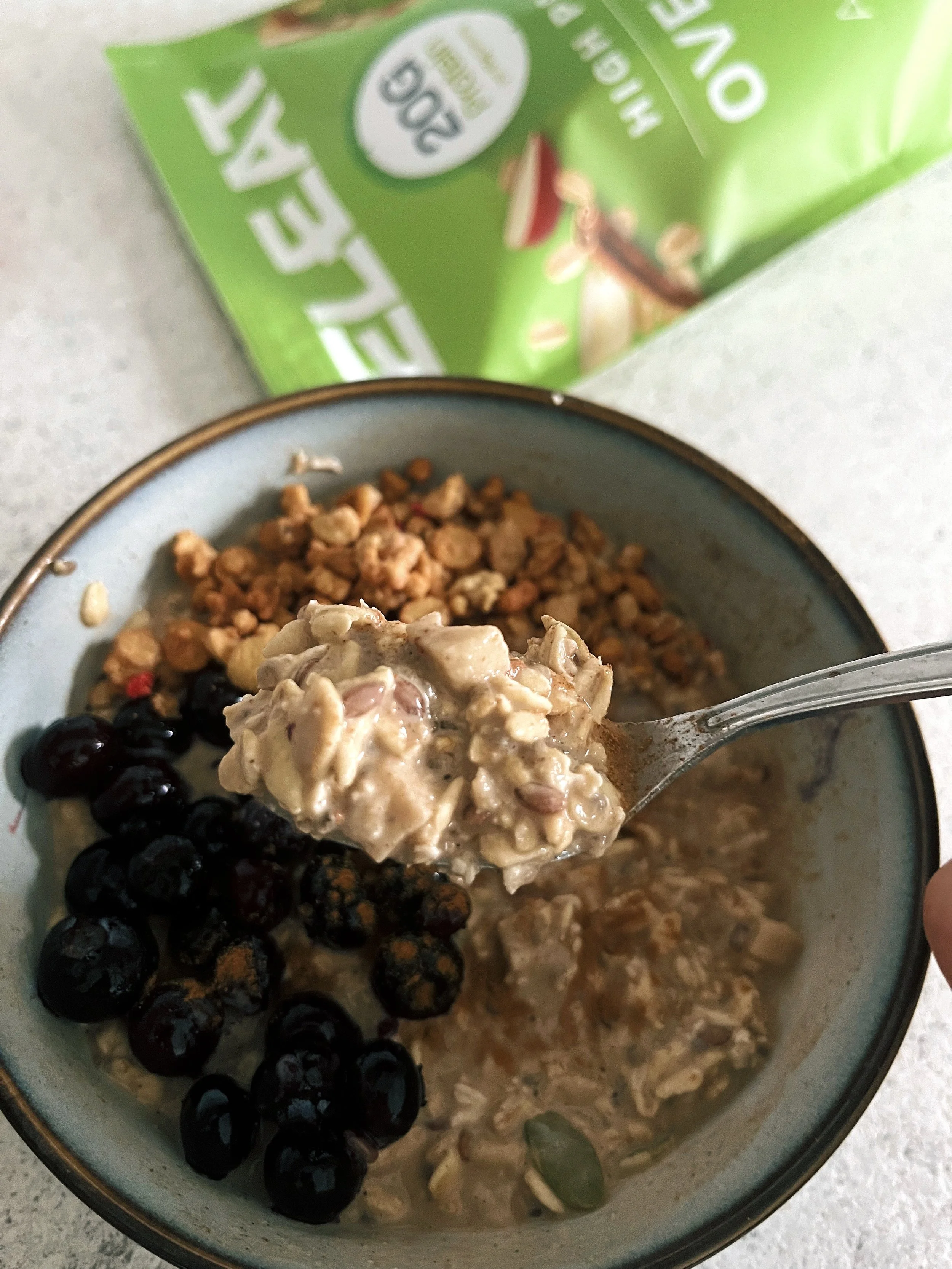How Beneficial is it to Track Your Vegan Diet?
One of the main reasons why people don’t switch to a vegan diet is due to possible nutritional deficiencies. While plant-based diets undoubtedly offer plenty of health benefits, an article by experts from Quadram Institute and the University of Surrey shows that around 28% of vegans have one or more nutrient deficiencies.
It’s true that plant-based diets don’t contain high levels of certain nutrients like vitamin b12, omega-3 fatty acids, and iodine—but these deficiencies can be avoided with the help of proper tracking.
Tracking can sound like a lot of work. However, proper tracking can provide plenty of benefits to your vegan diet. So if you want to be more motivated to track your vegan diet, here are the following benefits that you can look forward to:
It’s easier to plan vegan meals when you track everything
Are you struggling with meal prep? This sounds counterintuitive, but tracking your food and nutrient intake can help you simplify the meal preparation process.
To illustrate, you can create dishes with fewer ingredients by combining superfoods that provide many essential nutrients.
This article on the 5 Healthy Seeds You Should Incorporate Into Your Diet shows that two tablespoons of flaxseeds can already give you a dose of omega-3 fatty acids, 6g of fibre, 4g of protein, and 20% of your daily intake of magnesium and copper.
You can also add a single serving or about 30g of chia seeds to get 4g of protein, 5 g of omega-3 fatty acids, and 11 grams of fibre.
You will be more mindful of your food intake through proper tracking
If you’re switching to a vegan diet to practise sustainability, then there’s a good reason why you should pay closer attention to your ingredients.
Though beef, lamb, pork, and dairy do a high level of damage to the environment, a researcher from the University of Manchester discovered that asparagus eaten in the UK has the highest carbon footprint compared to any other vegetable available in the country. 5.3kg of carbon dioxide is released due to the importation of asparagus, and about 4.4 kg of carbon is spent while importing mangoes to the UK.
In this case, you’ll want to track how your favourite ingredients are grown and transported if you want to do your part in helping the planet.
Nutrient tracking can help you manage your weight
Many people become vegans in hopes that they’ll lose weight. However, frozen fake meats, veggie chips, and other veggie ingredients can still increase your weight, especially if you don’t track the nutrients you consume daily.
You can effectively get your weight to a healthy level by following the weight loss plans on WeightWatchers, which uses nutrient tracking as a way to manage each meal’s portion sizes.
By tracking your nutrients carefully with an app or a manual tool, you can assess how many calories, protein, vitamins, and minerals you need from each ingredient. As a result, you can stop overeating because you only eat what you need.
Controlling your nutrient intake can boost your health
Lots of people also become vegans due to health reasons. If you want to lower your risk for certain conditions, tracking your food and nutrient intake can help you optimise your diet for your health goals.
The nutrition programmes on the Zoe app show that you can improve your health by taking note of your specific health needs through a food log, glucose sensors, and poo samples.
Based on your health data, you’ll need to increase your intake of certain nutrients and decrease your intake of other foods to effectively manage your risk for health conditions.
To illustrate, those with high blood sugar can control it by lowering their intake of simple carbohydrates and increasing their consumption of greek yoghurt and nuts.
It’s not easy to track the components of your vegan diet, but it can help you reap great rewards for your own health.
So if you want to make your vegan diet healthier for your body, it’s time to track the ingredients and nutrients you consume.





